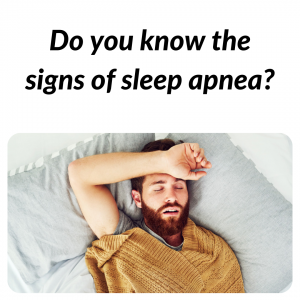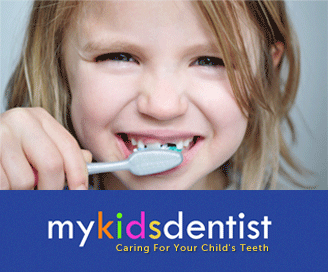Sleep Apnea

Do you feel tired even after having a full night’s sleep? Are you finding your memory and cognitive function feels slightly compromised?
If you are feeling excessive sleepiness during the day time, you may be suffering from sleep apnea. Your partner may say that you snore or notice changes in your breathing during the night. These signs can indicate sleep apnea. Staggeringly, around 25% of men and 9% of women in Australia have clinically significant sleep apnea. Feeling tired and sluggish all the time is frustrating and significantly impacts your quality of life. It can be confusing to know what the cause is, which can lead you to feel overwhelmed and uncertain. If you have ruled out other medical issues and are still suffering, book an appointment with one of our expert dentists to discuss your concerns.
There are many factors that may put you at increased risk of this condition, such as:
- Being over 40
- Being overweight
- Sinus problems
- Enlarged tonsils or tongue
- Deviated septum
- Allergies
Sleep apnea is a particular sleep disorder that is generally categorised into three distinct types: Obstructive, Central and Mixed. The most common is obstructive sleep apnea, which can be addressed and managed by dental appliances. Obstructive Sleep Apnea (OSA) is a condition in which there is partial obstruction of a patient’s airway during sleep. As muscles relax during sleep, so do the soft tissues in the throat. Once relaxed, the soft tissues can collapse, causing obstruction in the airways. This is normal and not uncommon if it happens infrequently – it often goes undetected. It’s important to be mindful that consumption of alcohol or sedatives can particularly worsen OSA, as these substances can exacerbate the relaxation of soft tissue. However ongoing episodes of OSA mean the condition is chronic and should be addressed as the effects on your health can be significant. Sleep apnea increases risk of stroke, heart irregularities, heart failure and high blood pressure.
So you think you may have Obstructive Sleep Apnea, what next?
One of our caring dentists will examine the oral soft tissues thoroughly, as well as completing a comprehensive dental exam to ensure there are no other issues. You will then be referred to a sleep specialist for a sleep study and the results will be sent through to our team. Based on the outcome of your sleep study, we can issue you a customised sleep apnea appliance to manage your condition. The appliance is based on molds of your teeth and is therefore completely unique to you.
This sleep questionnaire can indicate whether or not a patient has sleep apnea. We highly recommend taking this sleep survey to better understand your own sleep health.
Sleeping Appliances for Sleep Apnea
We use SomnoDent oral appliances as they are high quality, durable and comfortable for patients. The appliances are much like a splint or a mouth guard – as they are made from acrylic and are worn on the teeth. The appliances slightly moves your lower jaw forward in a comfortable position, allowing for relaxation of the soft tissues at the back of your throat. The appliance ensures the that the base of your tongue does not obstruct your airway during sleep, therefore preventing episodes of OSA. These appliances are far less invasive than the other most common treatment for OSA, which is a Continuous Positive Air Pressure device. A CPAP device involves wearing a facial mask all night, that pumps air into your airways. While effective, these devices can be a hassle and are fairly intrusive. An oral appliance is a convenient, compact and comfortable way to manage sleep apnea.
If after reading this information you think you or your partner may be suffering from OSA, make an appointment to see our friendly team and start your journey to sleeping soundly and experiencing a better quality of life. Don’t let fatigue compromise your health any further.

